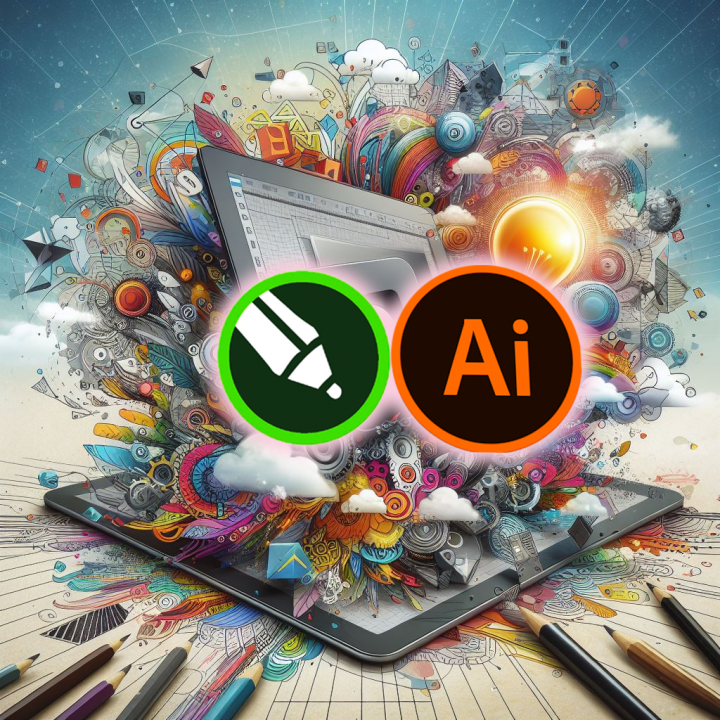Product-Based vs Service-Based Companies: Which is More Effective?
When starting or evaluating a business, one of the fundamental questions entrepreneurs and analysts consider is whether a product-based or service-based model is more effective. Both types of companies have their unique advantages and challenges, and their effectiveness often depends on the context, market demands, and goals. In this blog, we’ll explore the key characteristics of each model, provide examples, and discuss their differences to help determine which might be more effective in various scenarios.


What is a Product-Based Company?
A product-based company creates and sells tangible or digital products designed to meet specific consumer needs. These companies invest heavily in product development, innovation, and scalability, often building a brand around their offerings. Their primary focus is to deliver a one-time or recurring product purchase to customers.
Examples of Product-Based Companies:
- Apple Inc.: Known for its innovative hardware and software products like the iPhone, Mac-book, and iOS operating system.
- Tesla: A pioneer in electric vehicles and renewable energy products.
- Microsoft: Famous for its software products like Windows and Microsoft Office, as well as hardware like the Surface lineup.
- Procter & Gamble: Offers consumer goods like detergents, shampoos, and other household products.
What is a Service-Based Company?
A service-based company provides intangible offerings where value is delivered through expertise, time, or customized solutions. These businesses focus on building relationships with their customers and delivering ongoing value through their services.
Examples of Service-Based Companies:
- Accenture: A global professional services firm providing consulting and outsourcing solutions.
- TCS (Tata Consultancy Services): Offers IT services, consulting, and business solutions.
- Uber: Provides a platform-based service connecting riders with drivers.
- Marriott International: Operates hotels and hospitality services worldwide.
Key differences between Product-Based & Service-Based Companies
| Aspect | Product-Based Company | Service-Based Company |
| Core Offering | Tangible or digital products | Intangible services |
| Revenue Model | One-time sales, subscription models | Time-based billing, retainer, or per-service fees |
| Scalability | High scalability due to mass production or distribution | Limited by workforce capacity or client volume |
| Customer Interaction | Limited post-sale interaction | Continuous engagement to deliver services |
| Focus | Innovation, design, and production | Expertise, relationship-building, and customization |

Which is more effective: Product-Based or Service-Based?
The effectiveness of a product-based or service-based company depends largely on the market, industry, and goals:
- Product-Based Companies excel in scalability and often have higher profit margins once a product is established. They are ideal for businesses targeting large markets with replicable products. For example, companies like Apple have built ecosystems around their products, ensuring customer loyalty and recurring revenue.
- Service-Based Companies thrive on customer relationships and adaptability. They are better suited for industries requiring personalized solutions, such as consulting or healthcare. Companies like Accenture rely on their expertise and customer trust to generate repeat business.

Factors to Consider
- Market Demand: Is there a need for scalable products or specialized services?
- Investment: Product-based companies often require higher upfront costs for R&D, whereas service-based companies invest in skilled labor.
- Longevity and Recurrence: Services tend to have more consistent revenue streams, while products can have fluctuating sales.
Summary
There is no one-size-fits-all answer to which type of company is more effective. Product-based companies dominate in industries where innovation and scalability are critical, while service-based companies excel in fields requiring expertise and customer relationships. Ultimately, the choice depends on the entrepreneur’s strengths, resources, and market opportunities. Hybrid models, where companies offer both products and services, are also becoming increasingly popular, enabling businesses to leverage the best of both worlds.
RexterTech, a product and service development and design agency, your one-stop solution for all your development and design needs.



